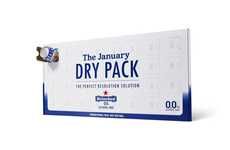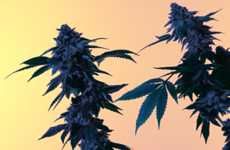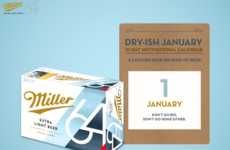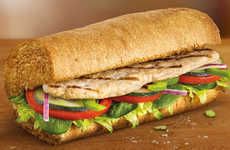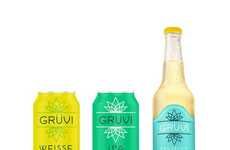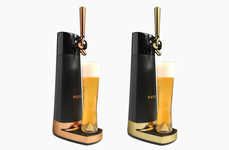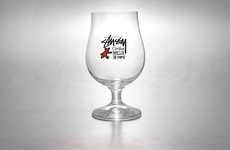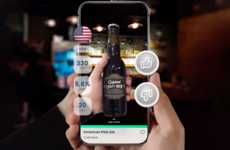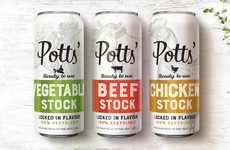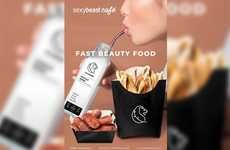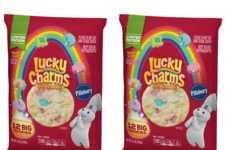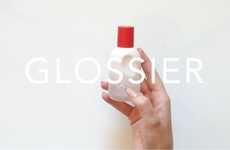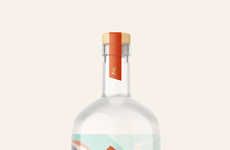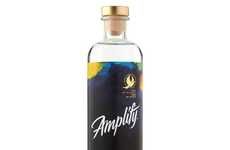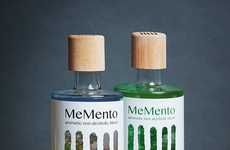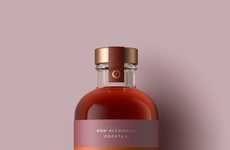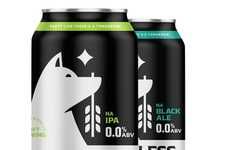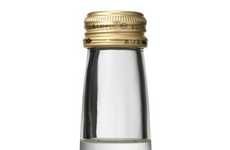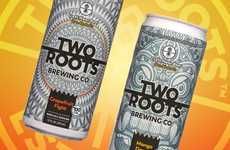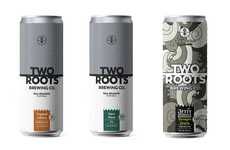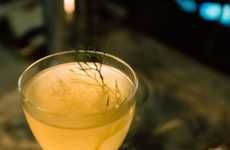
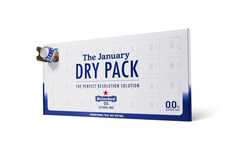
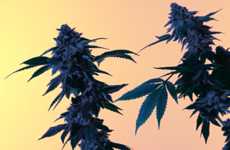
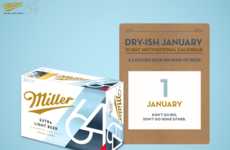
Brands use "Dry January" to market their products
Trend - In North America, avoiding alcohol in January is relatively common as consumers look to take a break from the indulgent foods and beverages they consume over the holidays. Brands are now jumping in on this trend, offering products and service that play off of "Dry January" in order to market themselves.
Insight - In an age where consumers are accustomed to personalization from the ad content they're shown to brick-and-mortar retail, they now expect that brands also take into account their lifestyles in the process of creating products or experiences for them. Consumers are no longer interested in the "one-size-fits-all" approach to marketing, and brands are responding in-kind by taking their individual priorities into account.
Insight - In an age where consumers are accustomed to personalization from the ad content they're shown to brick-and-mortar retail, they now expect that brands also take into account their lifestyles in the process of creating products or experiences for them. Consumers are no longer interested in the "one-size-fits-all" approach to marketing, and brands are responding in-kind by taking their individual priorities into account.
Workshop Question - What's an emerging consumer behaviour that your brand could specifically cater to?
Trend Themes
1. The Rise of Dry January - As more consumers practice moderation in alcohol consumption, brands are increasingly leveraging the Dry January trend to market non-alcoholic products and services.
2. Personalization in Marketing - Consumers now demand personalized products and experiences that fit their lifestyle and priorities, creating opportunities for brands to incorporate them into marketing strategies.
3. Cannabis as a Substitute for Alcohol - With the rise of Dry January and the legalization of cannabis in some countries, brands are educating consumers about the benefits of replacing alcohol with cannabis for a healthier and more enjoyable experience.
Industry Implications
1. Food and Beverage - The food and beverage industry is capitalizing on the Dry January trend by creating more non-alcoholic products and services that appeal to consumers who want to reduce their alcohol consumption.
2. Beauty and Personal Care - The beauty and personal care industry is incorporating lifestyle trends like Dry January into their marketing strategies by creating pop-up events that offer consumers personalized experiences with product-inspired beverages.
3. Cannabis - The cannabis industry is positioning itself as a healthier substitute for alcohol during Dry January, offering consumers an alternative to help them relax and unwind.

